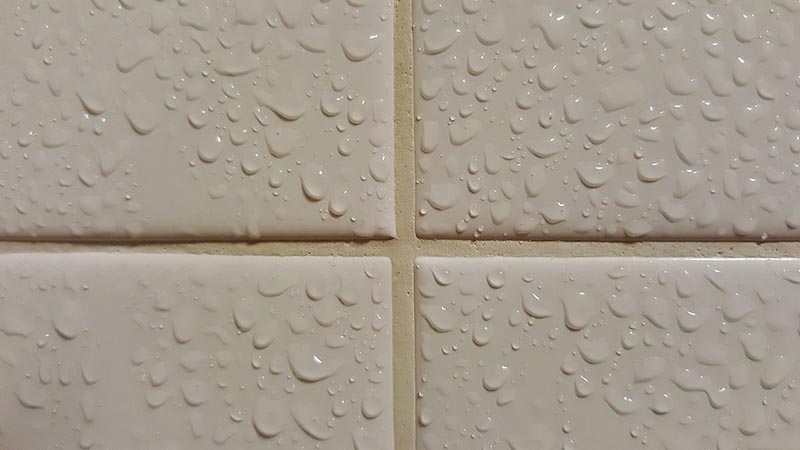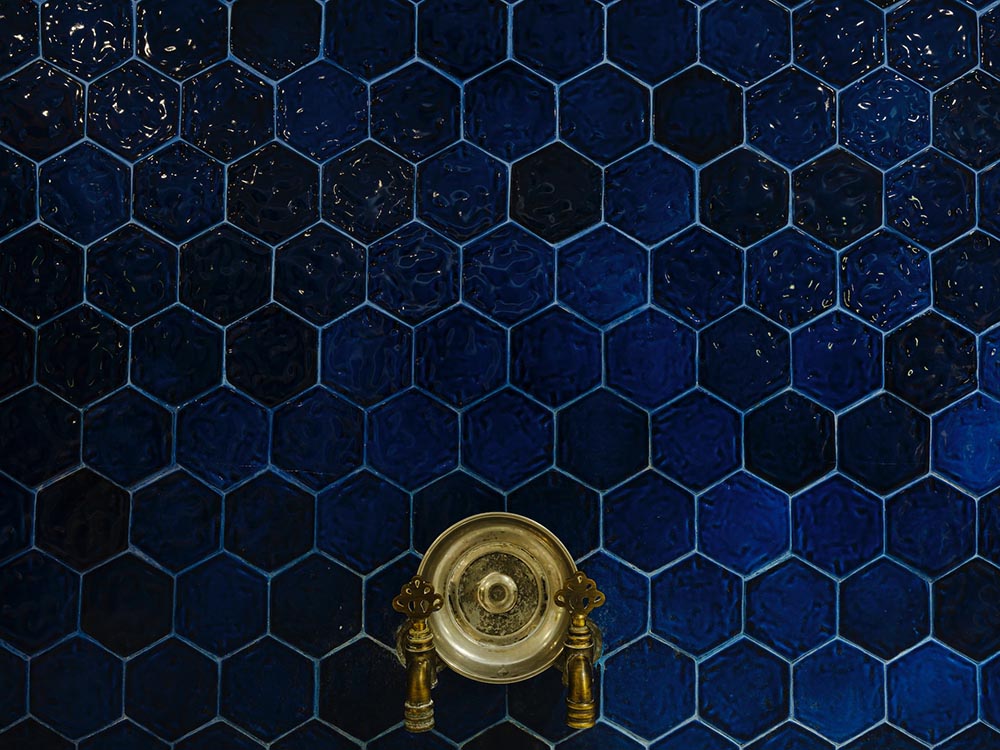Is Tile Waterproof? The Surprising Answer!
-
Ed Malaker
- Last updated:

We’ve all seen tile in bathrooms, kitchens, and floors, leading many people to believe that it is waterproof. However, you might be surprised to learn that tile is quite porous depending on the type, so keep reading as we take a closer look at this common building material to find out how you can tell how resistant it is to moisture and what kind you should use in your home.
Is Tile Waterproof?
Unfortunately, tile is porous and will absorb moisture that it contacts, so it is not waterproof. However, depending on its ingredients, it can be more or less water resistant. Since there are dozens of different kinds of tiles, builders have invented a system of rating tiles based on their ability to resist water. This system enables you to choose tiles best suited to where you need to place them in your home.

Moisture Absorption Rating
1. Non-vitreous
Non-vitreous tiles have a low density, so they absorb more water. Any tile that absorbs more than 7% of its body weight is considered non-vitreous. This type of tile is only suitable for indoor surfaces. It’s a good choice for vertical backsplashes and other light-duty tasks. They also work best if you position them vertically, so any water that gets on them will run off quickly.
2. Semi-vitreous
Semi-vitreous tiles are a little denser than non-vitreous tiles and will absorb 3%–7% of their bodyweight in moisture. These tiles are also for indoor use and have many of the same applications as non-vitreous tiles, but they are a bit more durable.
3. Vitreous
Vitreous tiles are high-density, will absorb 0.5%–3% of their body weight in moisture, and can be used outdoors. These tiles are also great for indoor use and will likely work in any application besides the shower and other areas frequently exposed to water.
4. Impervious
Impervious tiles are extremely dense and absorb less than 0.5% of their body weight in moisture. These tiles are suitable for indoor and outdoor use and are great for showers and other high-moisture areas. Porcelain is one of the most popular and common types of impervious tile, but glass tile works even better and is one of the only waterproof tiles that you can purchase.

What Happens If I Use a Non-vitreous Tile in an Area With Excess Moisture?
If you use a non-vitreous tile in an area that receives excessive moisture, the tile will absorb it, and it could damage it. Even if the tile isn’t damaged, the water can pass through it to the adhesive behind it, which can lead to tiles falling off the wall and other damage requiring expensive repairs.
Other Things to Consider When Using Tile
- When using tiles in a high-moisture area, you also need to worry about the grout between the tiles, which can absorb moisture and break down.
- Clean your tile frequently with white vinegar and water to prevent dirt and grime from settling into the grout.
- Never use ammonia-based cleaners on grout.
- Never allow soap stains, grime, or mildew to build up on your tile.
- Epoxy and acrylic grout are good choices when you need something resistant to water between your tiles.
Conclusion
Even though we often see tiles in areas of the home that see plenty of moisture, most tiles are only water-resistant and will absorb water. If you are placing tile in your shower or bathroom, make sure you purchase a brand with an impervious moisture absorption rating. If you are not putting tile in the bathroom, though, you can get tiles with a lower moisture absorption rating to save on costs.
Featured Image Credit: Brett Hondow, Pixabay
Contents

